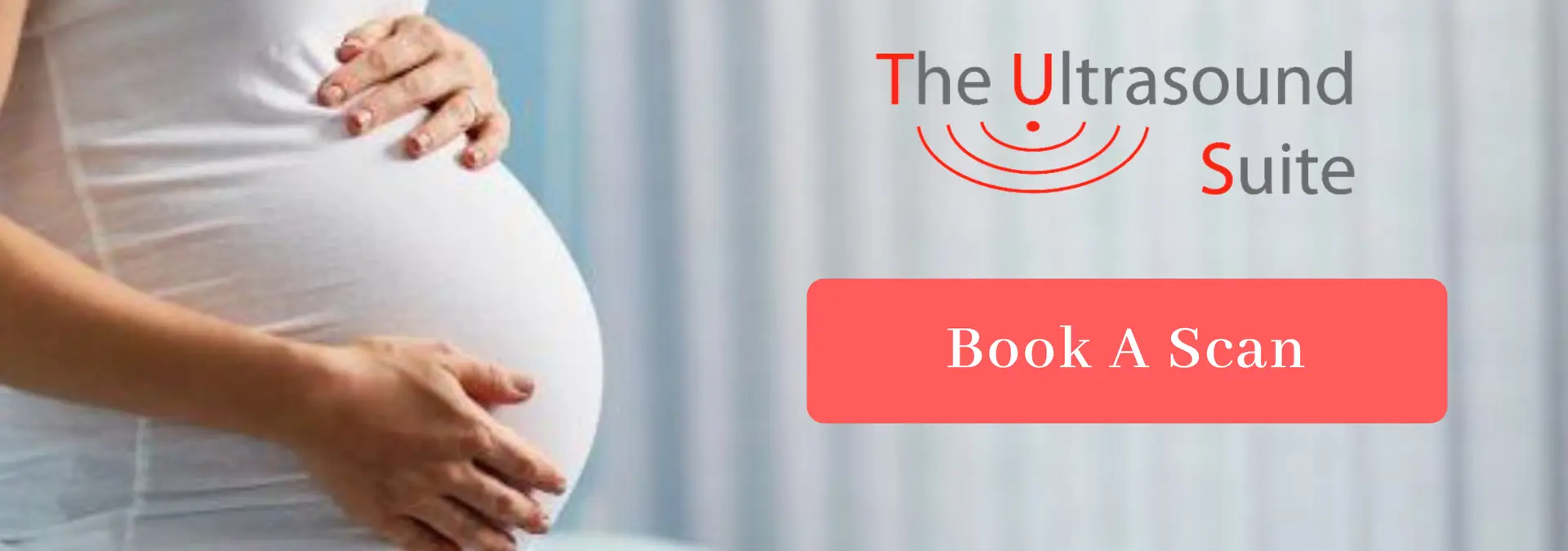About 20% of women experience some form of vaginal bleeding within their first trimester of pregnancy. Light bleeding during pregnancy is normal in the early stages and shouldn’t be a cause for alarm. However, bleeding can sometimes be serious (especially in the later stages of pregnancy) and it’s important to know the possible causes and be able to identify them to make sure that you and your baby are both healthy.
Is bleeding normal?
Light spotted bleeding during the first trimester (before 12 weeks) is common and in many cases does not signal a serious problem. Bleeding later on in pregnancy can often be more serious. It’s advised that if you experience any form of bleeding during your pregnancy that you contact a healthcare professional to help determine the seriousness of the bleed and take appropriate action.
What Causes Bleeding during Pregnancy in the First Trimester?
There are a number of different causes of bleeding during pregnancy. Possible causes of bleeding in the first trimester can include:
Implantation bleeding
Implantation bleeding occurs within the first 6 – 12 days after conception. This happens when the fertilized egg implants itself in the lining of the uterus. Some women mistake this form of bleeding for a light period and often think they are not pregnant. Bleeding is usually very light and lasts anywhere from a few hours to a few days. Either way, if you are unsure or concerned about bleeding, seek help/advice from a healthcare professional.
Miscarriage
Miscarriages are more common during the first 12 weeks of pregnancy than in the second and third trimesters, and tend to be one of the biggest concerns with first trimester bleeding. Only 10% of women who experience vaginal bleeding during first trimester miscarry. Strong cramps in the abdomen and tissue passing through the vagina are other symtoms to watch out for to identify a miscarriage.
Ectopic Pregnancy
An ectopic pregnancy is a pregnancy that grows outside the womb (often in the fallopian tube) making it impossible for development and therefore putting the baby’s life and mothers life at risk if the pregnancy continues. According to the HSE, ectopic pregnancies affect 1 in every 80 pregnancies in Ireland. When an ectopic pregnancy occurs you will notice pain early on in the pregnancy which may cause some bleeding. An ectopic pregnancy can be quite dangerous as it runs the risk of a fallopian tube bursting which can cause severe pain and internal bleeding. If you experience any of these symptoms in your first trimester, seek medical attention immediately.
Molar Pregnancy
Molar Pregnancy is an abnormal form of pregnancy in which a non-viable fertilised egg implants in the uterus and will fail to develop. Molar pregnancies are rare and generally occur in 1 in every 700 pregnancies. Bleeding from the vagina, severe morning sickness and swelling in the lower abdomen are some of the symptoms of a molar pregnancy. A large amount of molar pregnancies have no symptoms at all and are only picked up during an ultrasound.
Cervical Changes
During pregnancy, extra blood flows to the cervix. Anything that can cause contact with the cervix can trigger bleeding. This type of bleeding isn’t a cause for concern and is perfectly normal.
Infection
Any infection of the cervix, vagina or STI can cause bleeding in the first trimester.
Bleeding in the Second and Third Trimesters
If bleeding occurs during the second or third trimester then it should be taken more seriously as it puts both the mother and baby’s life at risk. If you experience bleeding at any point during the second or third trimester you should seek medical advice from a healthcare professional right away. Here are some of the possible causes of bleeding in the second and third trimesters:
Placenta Previa
Placenta Previa occurs when a baby’s placenta partially or totally covers the mother’s cervix. If you have placenta previa you might bleed throughout your pregnancy and bleed heavily during the delivery as well. Placenta previa bleeding can sometimes be painless but as with any bleeding during the second and third trimester it should be treated as a medical emergency.
Uterine Rupture
Uterine Rupture is spontaneous tearing of the uterus that may result in the fetus being expelled into the peritoneal cavity. These are usually rare and can occur during late pregnancy in women who have previously had a cesarean delivery. Uterine Rupture can be life-threatening and requires immediate emergency attention.
Vasa Praevia
Vasa Praevia is a condition in which the fetal blood vessels cross or run near the internal opening of the uterus. This runs the risk of rupture of these blood vessels which can result in the baby bleeding severely and losing oxygen. This condition is very rare but it’s important to watch out for as there are no warning signs.
What to do if you have abnormal bleeding during your pregnancy?
Vaginal bleeding in any trimester of pregnancy should be treated as a concern and some bleeding can be normal and some can be serious. The patient is advised to wear a pad to keep track of the nature and amount of blood loss. It has been reported that 50% of women who attend the emergency room in relation to vaginal bleeding go on to have a normal pregnancy.
If you’re experiencing severe pain, cramping, bleeding, dizziness or fainting then seek emergency medical attention right away as they could be signs of a miscarriage or another serious problem.
An ultrasound is the first method of investigation to determine the cause of bleeding in pregnancy. Here at The Ultrasound Suite we are proud to be Ireland’s leading private ultrasound clinic with the technology and experience to be able to offer women across Ireland an array of different ultrasounds, including 4d/3d scans, early pregnancy scans and a full fetal wellbeing scans. Book your ultrasound today at one of our 3 convenient clinic locations.
